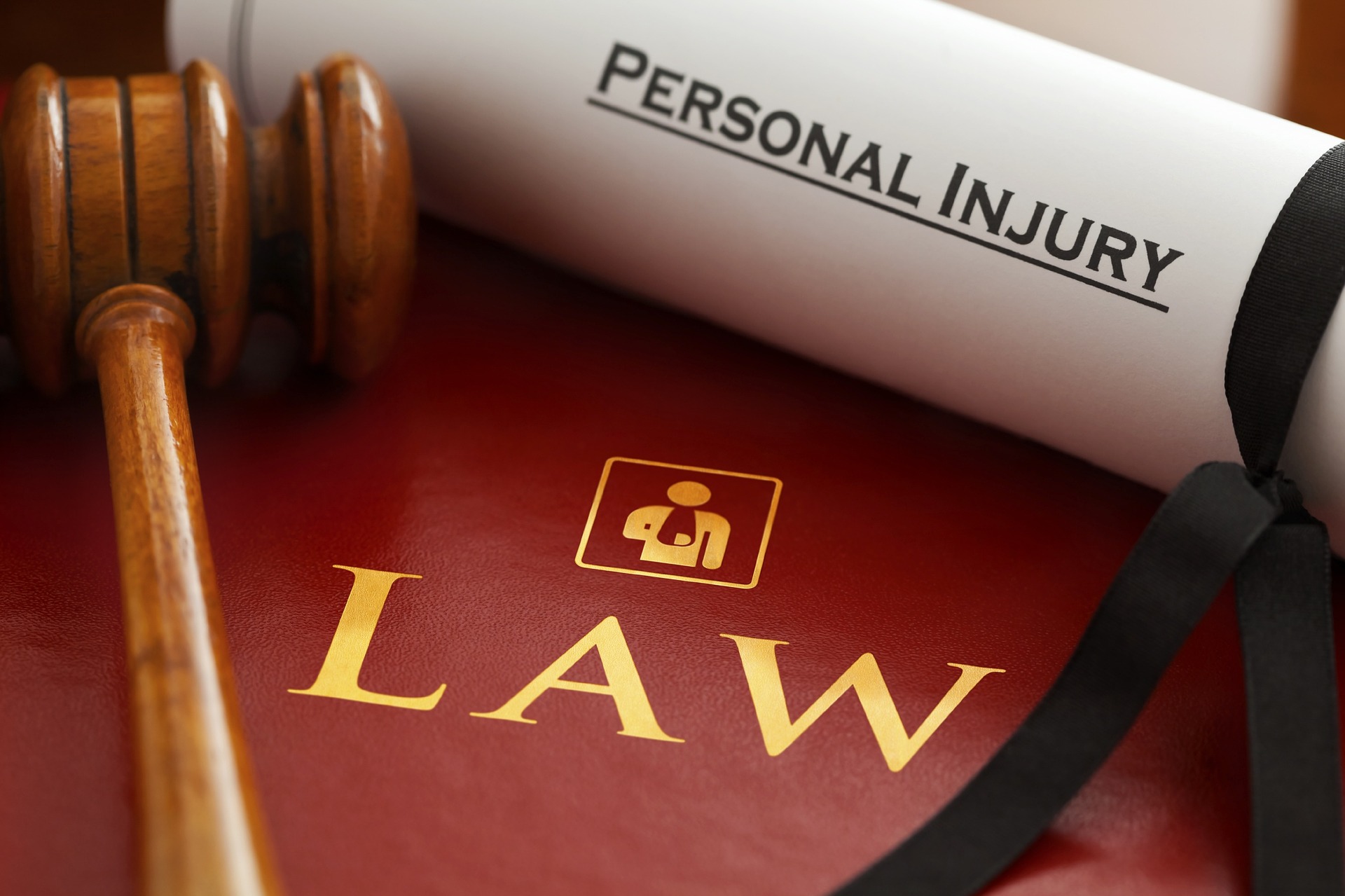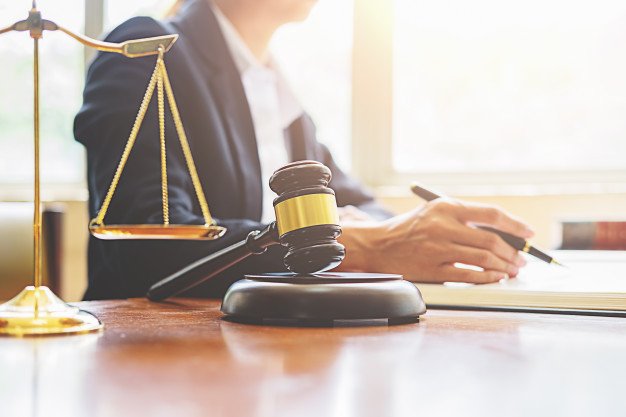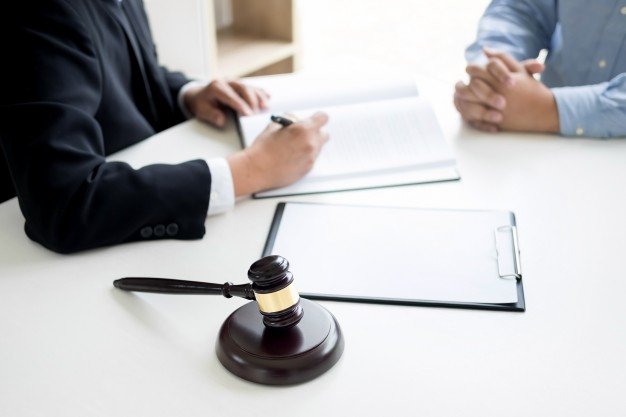Legal Outsourcing Services is the by the now everyday process whereby a business, corporation, company, or law firm seeks legal assistance from an outside law firm. The services of legal outsourcing include all kinds of business and corporate lawyering, including drafting and negotiating contracts and other agreements, developing patent and trademark and other IP strategies, offering legal risk analyses, and much more, including services requiring a physical presence, such as a difficult negotiation or a court appearance. Other outsourcing services include filings and litigation and agency work, such as document review, legal research, legal writing, drafts of pleadings, drafts of briefs, and patent services.
Legal Process Outsourcing Services Now A Billion-Dollar Industry
Today the legal outsourcing business is a billion dollar industry. With this boom in legal outsourcing services, there are many new firms, many now located offshore, providing legal process outsourcing services to law firms and legal departments.
Why Use Legal Outsourcing?
Legal Outsourcing services provide law firms convenience and flexibility. By outsourcing, the most significant benefit is your law firm’s valved time, using the time for more money-making opportunities.
Labor Cost Savings
If you hire an attorney or a paralegal that means salaries, and benefits out of your firm’s bottom line. By using outsourcing services, you have a professional, skilled, and trained to outsource team, without the cost of salaries and benefits.
Expertise
Legal outsourcing services know a large variety of legal matters. Because of legal outsourcing services varied experience, these services are capable of performing these services for you quickly. For small firms, this can be a tremendous benefit. For firms who have not dealt with particular legal action, legal outsourcing can be a great solution without having to hire a part-time or full-time legal person.
Types of Legal Outsourcing Services
Deposition
– Court Reporting Services
– Deposition Summaries
– Video Deposition Services
– Live Web Streaming for Depositions
– Legal Interpretation and Translation Services
– Online Document Repository System
– Legal Transcription Services
– Deposition Suites
2. Forensics
– Complex Case Management Solutions and Background Work
– Legal Document Preparation Services
– Electronic Discovery Findings and Related Reports
– Expert Witness Services and preparation
– Internet Depository Services
3. Corporate Services
– Commercial Litigation Services
– Business Intelligence Tools
– Medical Malpractice Litigation
What To Look For In A Good Legal Outsourcing Services
When looking for a good outsourcing service remember why you are considering an outsourcing service. A capable outsourcing service should be able to reduce spending on areas such as document review, contract management, due diligence, discovery, and legal research. By allowing these areas to outsourcing services, your in-house legal attorneys should have more time to win a judgment, within or out of the court system. In general, the law firm bottom line should increase, producing more profits and higher income for the firm.
The Upside In The End :
A lot of the outsourcing firms currently located in other countries. The upside is lower fees for outsourcing services is significantly smaller and because of different time zones can work more extended hours. If looking at outsourcing services in other countries, ask for law firms they have worked for in the states.
Read also :






















